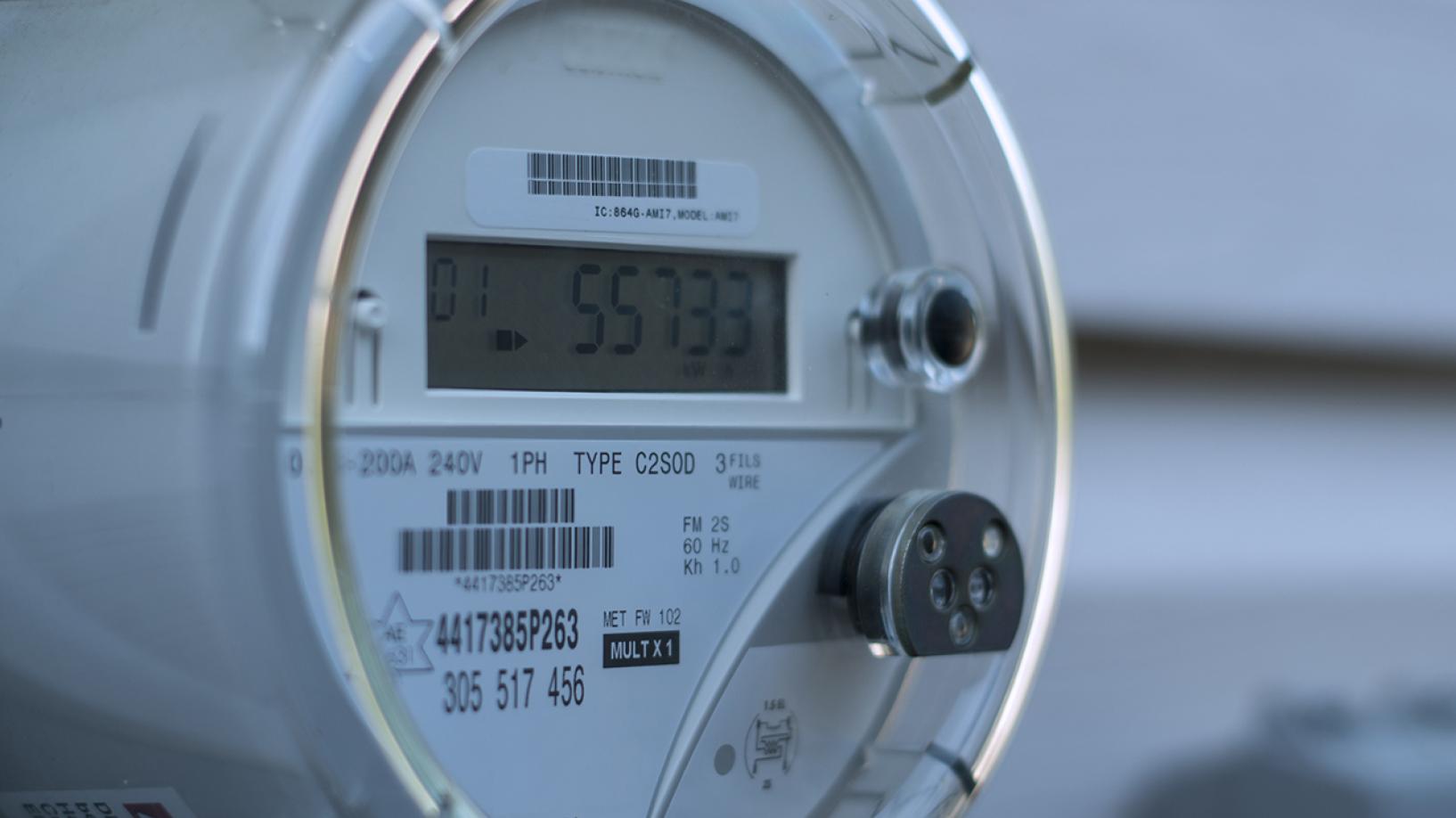We appreciate the opportunity to provide a submission to the South Australian Government on the Consultation Paper Accelerating the Roll Out of Smart Meters in South Australia (the Consultation Paper).
Read our submission (PDF, 310.23KB)
There can be no argument that granular, accurate and real time measurement of electricity flows are critical to a reliable, least-cost system. Most developed countries have either completed or are well advanced in their national smart meter roll-out programs, for example in the United Kingdom the national smart meter roll out is targeted to be completed by mid-2025.
In Australia, a policy for the mandated national roll out of smart meters was first agreed by the Ministerial Council on Energy under the Howard Government in 2007. That decision was followed by more than a decade of continued debate about who benefits, who should pay and disagreement about what a smart meter is. While Victoria completed its mandated roll-out in 2013, all other jurisdictions within the National Electricity Market walked back from the 2007 decision and opted to make smart meters a matter for consumer choice. Subsequently, the Australian Energy Market Commission (AEMC) opened up competition in metering from 1 December, 2017.
In our view, accelerating the completion of a national smart meter roll out is now urgent.
The AEMC has a review of the regulatory framework for metering services underway and the South Australian and New South Wales Governments are also consulting on potential options to progress the uptake of smart meters.
With significant generation capacity located “behind the meter” it is absolutely essential that electricity distribution businesses have granular and real time information on changing consumption and exports, for maintaining system security and reliability. Therefore, smart meters need to be viewed as critical infrastructure for the least-cost operation of the current and future grid, and not as a matter for consumer responsibility. In our view, action is required that will achieve the full roll out of smart meters to be completed in the shortest timeframe possible and provides the best opportunity to mitigate the costs for consumers associated with the roll out.
It is for this reason that we propose a new alternative option for increasing the speed and proliferation of smart meters that has not been canvased yet in this Consultation Paper or the AEMC’s Review of the Regulatory Framework for Metering Services. This is that the Government initiate a contracted, widespread roll-out of smart meters to be completed by a target date. This roll out option would not be retailer led, and instead would be contracted to a party by the South Australian Government and could be presented to consumers as necessary to modernising the energy system.
In our submission, we go into further detail on our proposed alternative option for accelerating the roll out of smart meters, our preferences for the acceleration options presented by the South Australian Government and the importance of establishing a social licence for a successful roll out of smart meters.
There is a further significant issue that we raised in our submission, which has been neglected in the current reviews, and that is direct customer access to metering data. The development of intermediaries with new business models offering to optimise generation, storage and energy use for households and small businesses depends on accessing real time metering data locally at a customer’s site. We understand that for customers, or intermediaries acting on their behalf, to access their data directly could require a rule change, given that the rules are principally concerned with the advanced meter being used for billing and not the value of the data to the customer.

